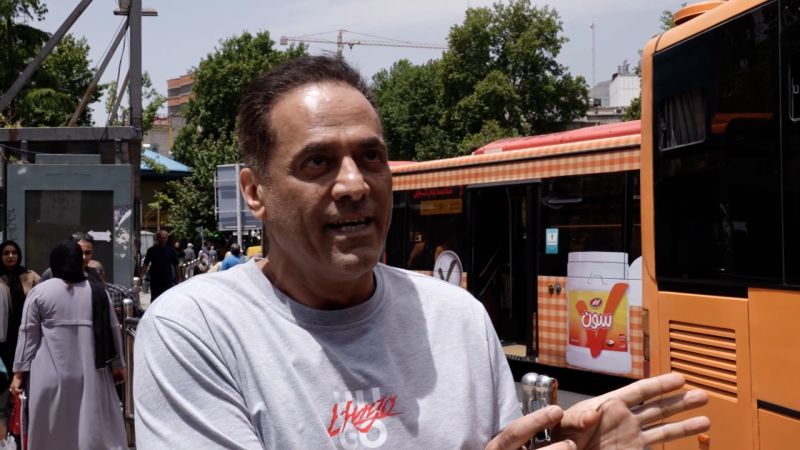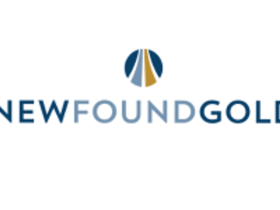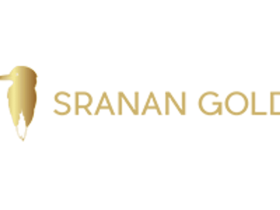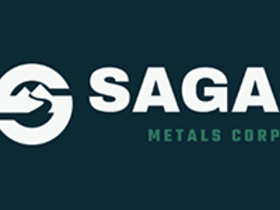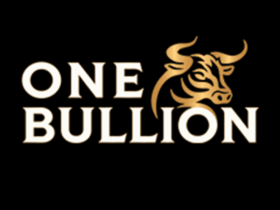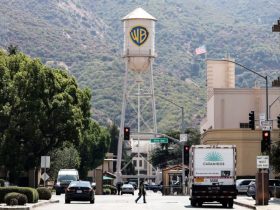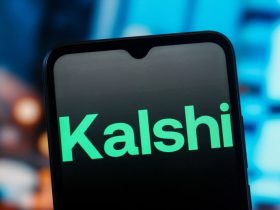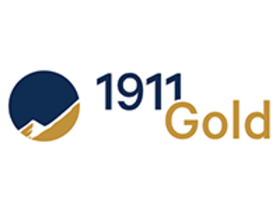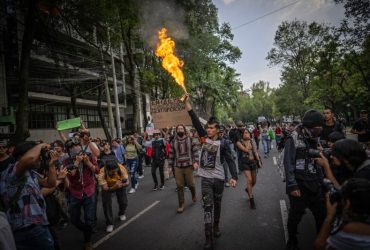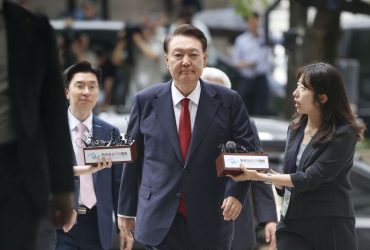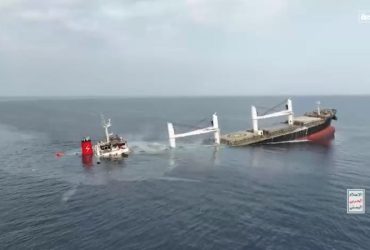Depending on who you ask, a nuclear agreement between Iran and the United states is either a non-starter or almost a done deal.
Last week, US President Donald Trump said Washington was “very close” to reaching an agreement with Iran over not making “nuclear dust,” as the US president terms it.
But in Tehran, Iran’s Supreme Leader Ayatollah Ali Khamenei seemed to rubbish the chances of a new accord with Washington, in a post attributed to him on his website Tuesday.
Sanctions on Iran have strangled the country’s economy, cutting off Tehran from most banking and commercial ties with the West and leaving the country reliant on geopolitical allies like Russia and China.
On Iran’s streets, Western brands are becoming ever harder to find but copycat logos are common, appealing to a nostalgia for a rosier period of international relations.
Cars are typically Iranian or Chinese-made and the country’s aviation industry in particular has suffered from nullified aircraft purchase licenses and banned imports of much-needed spare parts.
Russia and China have looked to profit from the West’s more belligerent use of economic punishments, with Moscow allegedly trading nuclear and space know-how for Iranian missiles and drones to attack Ukraine – even though Iran has consistently denied giving drones to Russia for use in Ukraine – and Beijing, the US says, a key source for fuel components for Iran’s military missile program.
In a March Washington Post opinion article, Iranian Foreign Minister Abbas Araghchi pitched the US president on the economic promise that Tehran offers.
“It is the US administration’s and congressional impediments, not Iran, that have kept American enterprises away from the trillion-dollar opportunity that access to our economy represents,” he wrote.
Tough talks
“Try not to talk nonsense,” Khamenei told US negotiators in the post on his website early this week, repeating the Iranian position that Tehran will forge ahead with uranium enrichment for civilian purposes if Iran so desires.
Iran’s enrichment of uranium, a nuclear fuel that can be weaponized if purified to high levels, has emerged as the biggest sticking point in the talks. Iran insists it will never relinquish its right to enrich.
Khamenei will have the final say on any possible deal and his public pronouncements will set the tone for any Iranian interactions with Washington.
As regards US demands that Iran completely stop enrichment of uranium, he said that “after 30 years of investing they (Iran’s leaders) can’t simply back off and say, ‘it’s all yours.’”
“Look what happened to Libya. Libya gave them everything and they still bombed them,” he added. “It’s all an excuse from the West.”
Israeli Prime Minister Benjamin Netanyahu has insisted that Iran reach a Libya-style nuclear deal with the US, which in 2003 dismantled the North African nation’s nuclear program in the hopes of ushering in a new era of relations with the US after its two-decade oil embargo on Muammar Qaddafi’s regime.
Following denuclearization, Libya eventually descended into civil war after a 2011 NATO-backed uprising that toppled and killed Qaddafi. Iranian officials have long warned that a similar deal would be intended to weaken Iran and eventually overthrow its regime.
Israel’s threats
As Israel escalates its bloody campaign in Gaza, eyes in Jerusalem are also firmly fixed on the US-Iranian talks.
In comments Thursday, Netanyahu said there is “full coordination” with the US on Iran as the Trump administration pursues a new nuclear deal with Tehran.
He said any deal would have to prevent Iran from obtaining nuclear weapons and stop the enrichment of uranium.
Iranians were somber in the face of the risk of such an escalation.

